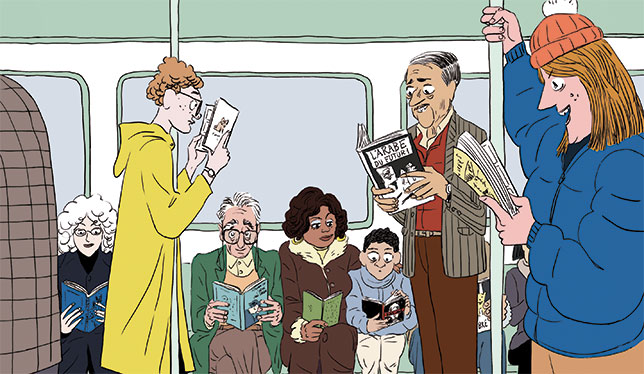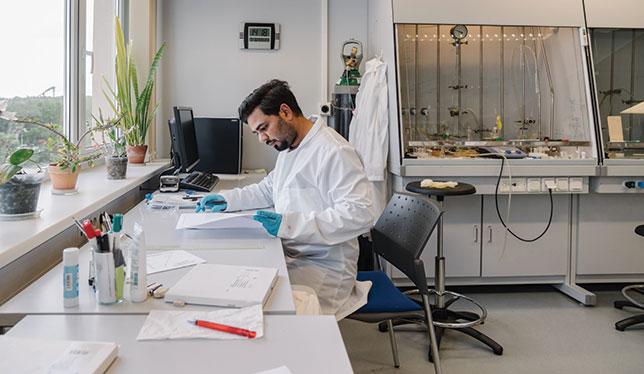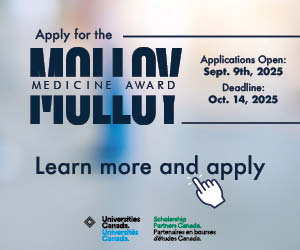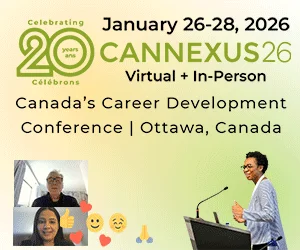-
Research re-imagined
As academics experiment with the graphic novel form, their research is reaching – and influencing – new audiences.
-
The San Francisco Declaration on Research Assessment is gaining ground in Canada
By proposing an update to traditional criteria for evaluating applications, the declaration asks the research community to rethink its approach.
-
Caveat emptor: preprint servers in biomedical science
While the advantages of preprint servers are numerous, researchers need to be very clear about the fact that these findings have not been formally assessed by the scientific community.
-
Canada must embrace new digital developments in scholarly publishing
Exciting innovations in journal publishing worldwide are leaving us behind in terms of knowledge dissemination.
-
Meta-research: improving the way we communicate (and perform!) scientific research?
As with scientific research in the time of “big data”, the critical thing for a researcher to identify is what sorts of questions the data might answer.
-
It’s time to stand up to the academic publishing industry
And here’s how we can do it.
-
A failure to COPE: One academic’s experience with the Committee on Publication Ethics
As an ethics body, COPE’s first loyalty is to ethics. But as a membership body, its first loyalty is to its members.
-
The value of the op-ed as a writing assignment
Op-ed articles help students to learn the important skills of engaging and persuading a reader.
-
A glimpse past the smoke and mirrors at Nature magazine
David Kent takes a closer look at some of the journal’s peer reviewers – and the results are distressing.
-
PREreview: Get it done sooner to avoid double review
David Kent recounts the highs and lows of his journal club's first pre-review experience.
-
The francophone researcher’s dilemma: publish in English or perish?
French-speaking researchers are increasingly choosing to publish their scientific articles in English.
-
New idea for driving scientific debate in your journal club: PREreview
What if scientific journal clubs discussed papers before submitting them to journals, and had a say before editors and reviewers did?
-
Academic publishing at a crossroads
The shift towards open access is an opportunity to reform academic publishing to better serve the public interest.
-
The benefits of sitting on a journal’s editorial board
More journals should invite mid-level and junior scholars to join.

















